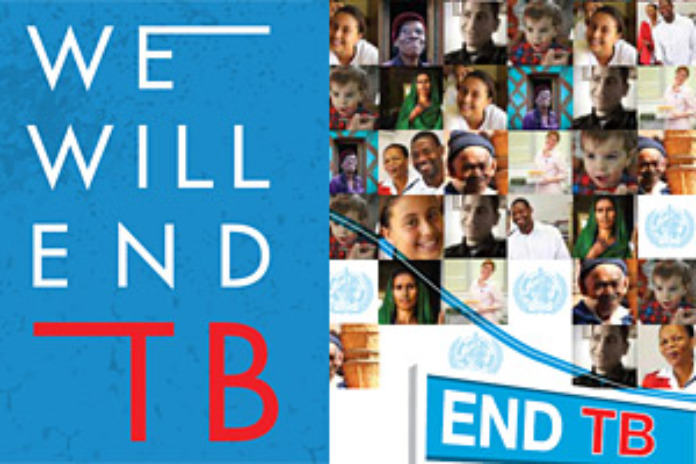GENEVA, Switzerland — In a Rapid Communication issued Monday, the World Health Organization (WHO) announced several updates to its forthcoming guidance on the systematic screening of tuberculosis (TB) disease. This will help national TB programmes, public and private healthcare providers, funders and other stakeholders to prepare for the changes that will be introduced when the new guidelines are released in early 2021.
It is estimated that close to three million people with TB are not diagnosed or reported annually around the world. Improved TB screening using new tools and approaches to reach all people with care could help bridge this gap. Measures like screening need to be stepped up rapidly to reach the global target of treating at least 40 million people with TB by 2022.

The updated guidance will avail of the latest evidence and best available practices on, amongst others, new approaches to screening of people at risk, the role of new technologies such as computer-aided detection (CAD) to interpret chest radiography and the use of molecular rapid diagnostics for screening.
“Systematic screening is critical to ensure we can detect TB early in the people who need it, while also identifying people who could benefit from TB preventive treatment. This is important to break the chain of transmission and to ensure no one is left behind,” said Dr Tereza Kasaeva, director of WHO’s Global TB programme. “We need to maximize upon the synergies between the delivery of TB and COVID services during contact investigation and other situations, especially at these times of crisis when the demand on healthcare services is high.”





